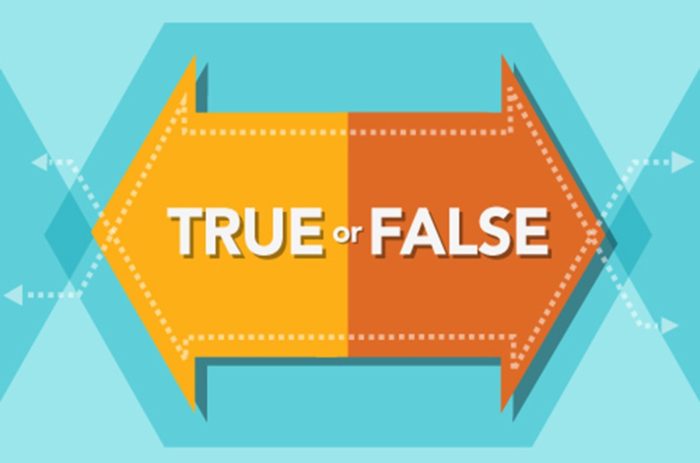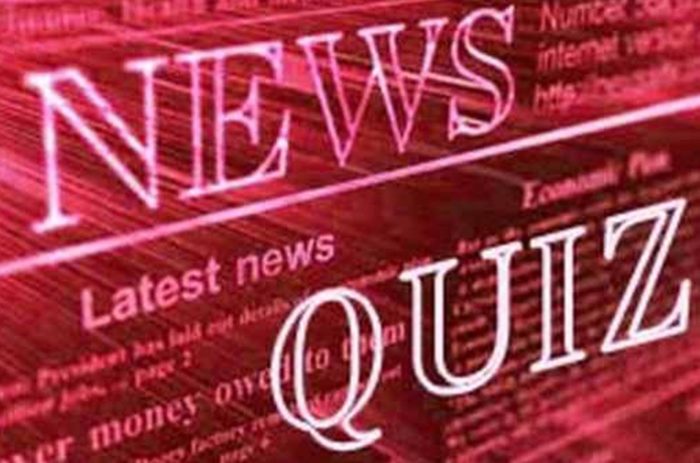Questions
1. Three U.S. Congressmen applied for visas to Iran in February. They want to visit Iran to:
a) meet with the Americans being held hostage in Iran
b) observe Iran’s February elections to ensure that they were “free and fair”
c) obtain information about the detention of 10 American sailors and their two naval ships in January
d) all of the above
2. The congressmen originally applied for visas to Iran on February 4th. When they received no response after following up several times, they sent a letter on April 12 to Ayatollah Khamenei asking for a decision. The congressmen wrote, “If you reject our visa applications, please provide an explanation.” In their letter, the congressmen pointed out:
a) that the U.S. has given Iran everything it asked for
b) that Iran is not playing fair
c) that the U.S. is allowing Iranian leaders to visit the U.S.
d) all of the above
3. In recent years, several of NYC’s largest construction companies have declined to renew collective bargaining agreements with:
a) union workers
b) non-union workers
c) illegal immigrant workers
d) none of the above
4. In New York, developers say that using solely union workers on a job increases costs by about _____________ compared with open-shop arrangements.
a) 20% to 30%
b) 2% to 5%
c) zero
d) 75%
5. Chernobyl is in northern __________________ near the border with Belarus. At the time of the Chernobyl nuclear disaster 30 years ago on April 26, 1986, the country was part of the Soviet Union.
a) Russia
b) Uzbekistan
c) Ukraine
d) Armenia
6. Four hundred people from the Philadelphia region’s Ukrainian community gathered at the Ukrainian Catholic Cathedral this week to remember the catastrophe at Chernobyl during a 90 minute prayer and remembrance service. Ukrainian-American Nataliya Turchyn was 15, living in the western Ukraine city of Lviv, when the Chernobyl plant exploded. She said Ukrainians did not trust Russia after the Chernobyl disaster because four days after the explosion, the nation’s __________________ ordered all citizens to partake in traditional outdoor May Day celebrations, even though untold amounts of radiation were raining down on the nation. ”They wanted the world to think everything was normal,” recalled Turchyn. “They didn’t care about us.
a) religious leaders
b) nuclear power plant officials
c) Communist leadership
d) none of the above
7. President Obama traveled to meet Saudi Arabia’s King Salman ahead of a summit with other Gulf Arab leaders on Thursday in:
a) Oman
b) Yemen
c) Syria
d) Saudi Arabia
8. During his trip, President Obama’s goal was to reassure Saudi Arabia and other Gulf allies of Washington’s commitment to their security, and to seek ways to reduce sectarian tensions in the region. The president wants to bring the Gulf states and ___________________ to develop a “cold peace” in which their rivalry does not further inflame smoldering Middle East tensions.
a) Iran
b) Iraq
c) Israel
d) Syria
9. Both Republican and Democratic leaders face the problem of angry voters, should the nominee who wins the most votes in each of their parties:
a) turn down the nomination
b) not become the party’s nominee
c) both a) and b)
d) neither a) nor b)
10. Some Democrats say ______________________ should be scrapped so that the nominating process relies only on primary and caucus results.
a) party leaders
b) super-delegates
c) the candidates
d) voters
Daily “Answers” emails are provided for Daily News Articles, Tuesday’s World Events and Friday’s News Quiz.



